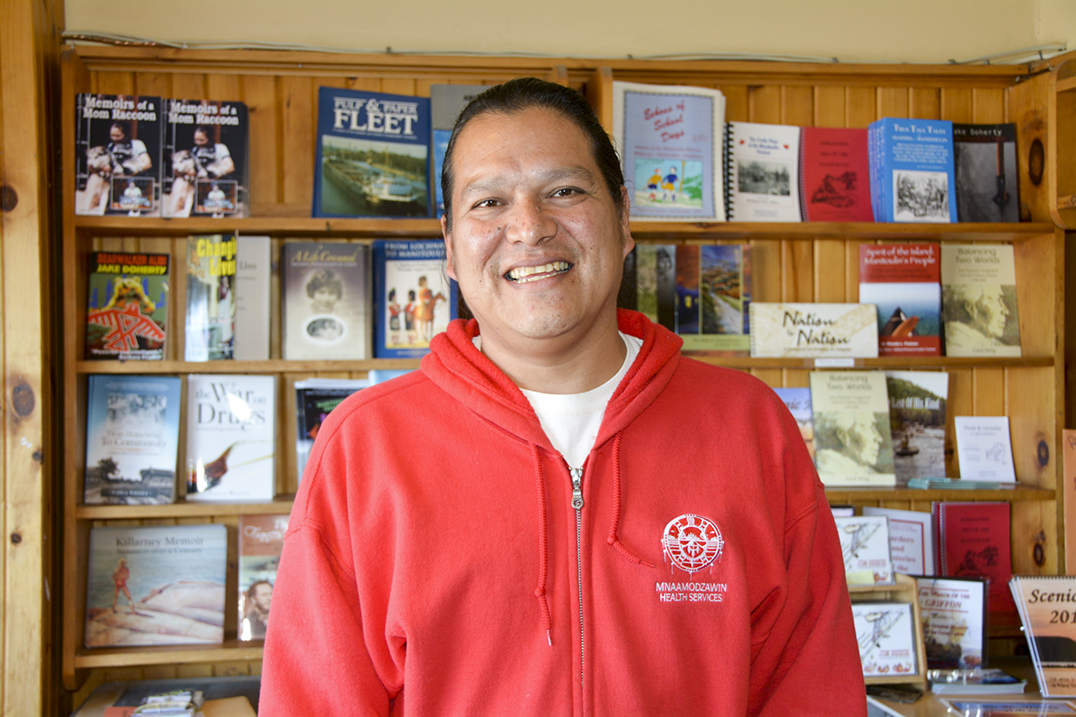by Bill Jewell
A number of Expositor articles discussing climate change have occurred over the past summer in this newspaper. Some articles raised questions about the existence and/or the need for urgent and effective action. I would like to add my two cents worth to this discussion.
Some years ago I wondered what all the fuss was about. Since I was teaching a university-wide course on the impact of humans on our Earth, I spent considerable time reviewing the situation. I had many questions–mainly, why was there so much disagreement over what should be clear scientific fact[s]? Or was there not enough data to confirm that we have a problem? Or is climate change a farce, as some have claimed? Or, the Earth has been hotter, the CO2 content of the atmosphere has been much higher, so what is the big deal!?
The media has muddied the picture so well that it is very difficult to understand even simple problems, much less one as complicated as climate change. We need to take in information with a filter to be sure that it is fact based and not just opinions based on biases. One of our more progressive talk show hosts said a number of years ago about the US Congress and their pronouncements about climate change, “I didn’t realize that when you get elected to the US Congress, that you automatically are awarded an advanced degree in physics!”
After reviewing pros and cons and many papers and books, a lot more questions came up–like why is there any argument over what is so obvious? The atmospheric gaseous composition is increasing at an alarming, and predictable rate that humans have caused. This is accompanied by a predictable temperature increase. The CO2 content is higher than it has been in millions of years and increasing. There is no doubt that this is the most severe problem facing the Earth today and humans are causing it.
September 2015 was the warmest month ever recorded on Earth, and 2015 will likely be the warmest year since humans have been on Earth. Each year for the past 10 or more years has set records for increasing temperatures.
Flowers are blossoming earlier every year throughout the Earth. Migrating animals are arriving before and after their food supply is available. Storms are increasing, forest fires are increasing in frequency and intensity and we are in the middle of the worst species extinction since the dinosaurs disappeared. We will be destroying millions of species, many of which will never be known or identified by us. Over three quarters of all songbirds have disappeared from North America.
As Earth temperatures increase, warmer places on Earth become unlivable. Extreme mid day heat that occurs less than five percent of the time in the Middle East will become a “normal day” by 2070 making all the region uninhabitable, according to a new report out of MIT [Massachusetts Institute of Technology (“Future temperature in southwest Asia projected to exceed a threshold for human adaptability.” October 26, 2015 in Nature: Climate Change. By Jeremy S. Pal and E.A. B. Eltahir). In a way this would be poetic justice since much of our climate change is being driven by Middle East oil.
Economics of the situation are particularly scary–cost of recovering from damages from future storms will begin to consume an unacceptable amount of our countries GDP. More than a tenth of the Earth’s human population will be left homeless in the near future as the ocean’s level increases as the ice melts around the world. Eventual water level increases are not predicted in inches but multiple meters! And the worst effects will happen most frequently in the poorest regions and most densely populated regions. In the long run, some predictions say that the entire human population will be threatened.
There are so many extremes that it is difficult to comprehend the situation and what we should be doing about it.
So wait a minute, there still is this issue that this has all happened before. How do we deal with that? Well, first, it occurred long before humans were on Earth. Second, the changes took place over thousands, mostly over tens of thousands of years. We are seeing temperature increases over decades that took over 10 thousand years previously. So what?
Explaining the massive difference between previous climate changes and the present human induced change is exceptionally difficult. How could these changes affect all physical, chemical, and biological Earth processes? I resort to this analogy: you are driving your car and run into a concrete wall at one km per hour [historic rate of climate change]. Compare that to driving your car into the wall at 1,000 km/hr. Which car would you like to drive?
Along with the negatives, there are also opportunities and challenges; ones that will happen whether we want them to or not. Many warming trends may not have negative consequences for Canada. The wheat belt will move north because the plains of the US will continue to experience major droughts, as well as devastating heat waves.
Melting Arctic ice will change marine traffic making the Arctic a major thoroughfare. What will Canada do? Since Russia is claiming much if not all the Arctic, what does this portend for Canada? This is one of the most important problems facing Canada today.
So why is there such opposition to moving forward with remedial solutions? Change is always very difficult. This is especially difficult when the problem is the biggest challenge that humans have faced. Especially when the largest corporations in the world are making more money than ever. Our top three or four energy companies are making more profit than all the profit of all the rest of the companies on Earth. Many if not all future energy situations will result in distributed economics and solutions; ones that grow from grass roots [pun intended here]. If you were a big energy company, what would you do?
So, what to do? Really! This is probably the greatest economic opportunity human’s have ever had. If we make commitments to solving this problem it will revolutionize agriculture, make the Earth much cleaner, and probably eliminate unemployment and solutions have a good chance of solving many of our most difficult problems–like world hunger.
Anyone can have an “opinion” about climate change. But opinions are just that, not necessarily based on any substance. But an avalanche of facts show that we are at the beginning of an Earth catastrophe caused by one pretty puny specie out of millions [the volume of all of us could fit into the Grand Canyon]. If we value the future, especially those of our children and grand children, steps must be taken now to avert unthinkable scenarios. Even with drastic and severe action we know that a poorer Earth is in store until corrections can take effect over the next hundred years.
We as individuals need to make commitments, but we need more than ever for our governments to be intelligent and support new and powerful directions. Our governments have an opportunity to lay out solutions in Paris this coming December (see online en.wikipedia.org/wiki/2015_United_Nations_Climate_Change_Conference . The 2015 United Nations Climate Change Conference, COP 21 or CMP 11 will be held in Paris,[1] from November 30 to December 11.[2] It will be the 21st yearly session of the Conference of the Parties to the 1992 United Nations Framework Convention on Climate Change (UNFCCC) and the 11th session of the Meeting of the Parties to the 1997 Kyoto Protocol.[3] The conference objective is to achieve a legally binding and universal agreement on climate, from all the nations of the world. Leadership of the negotiations is yet to be determined).
EDITOR’S NOTE: Bill is a Professor Emeritus of Environmental Engineering at Cornell University in upstate New York and has received National awards for his work on renewable energy and pollution control. He resides at WynRoc Lodge in Providence Bay.




